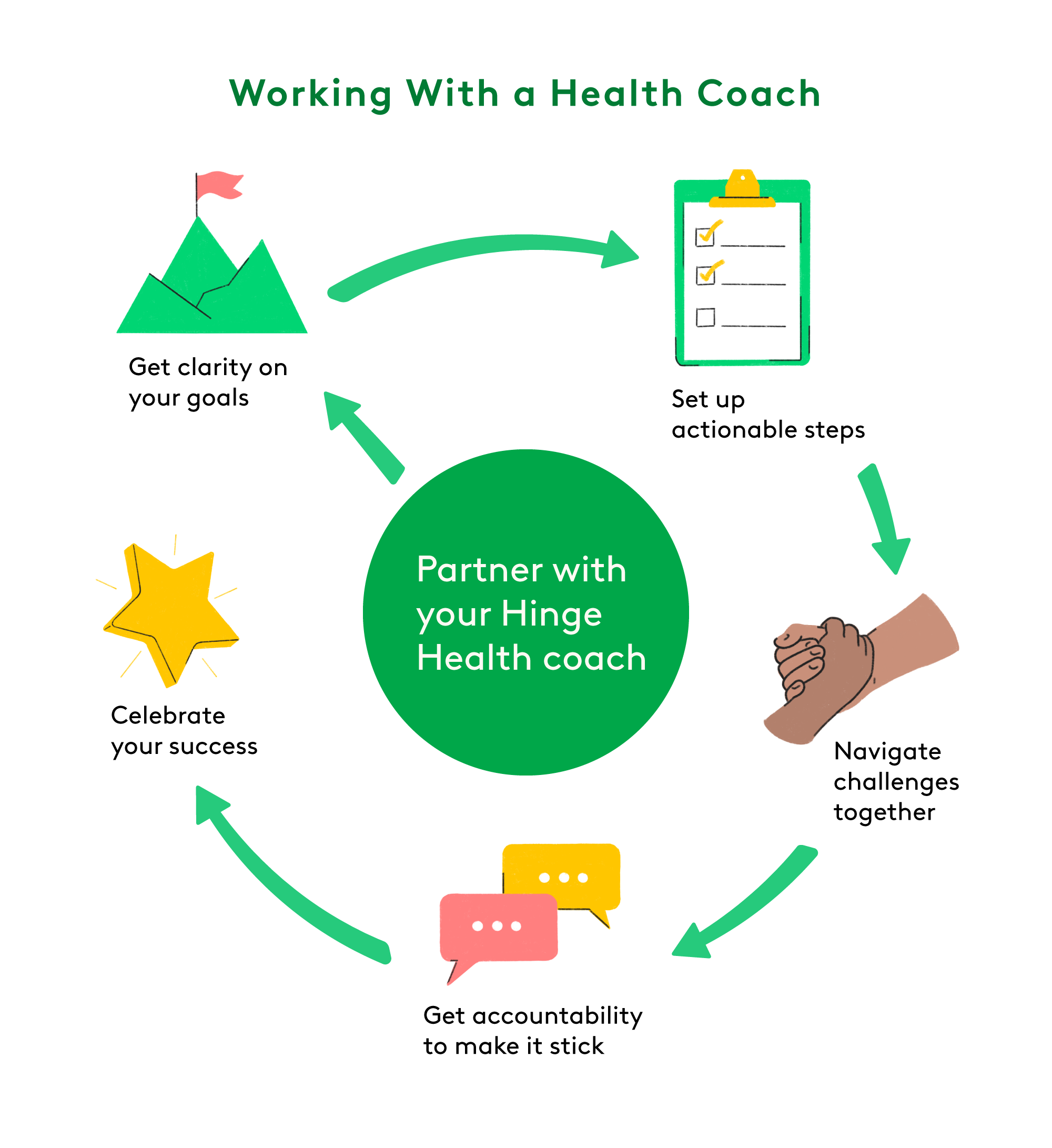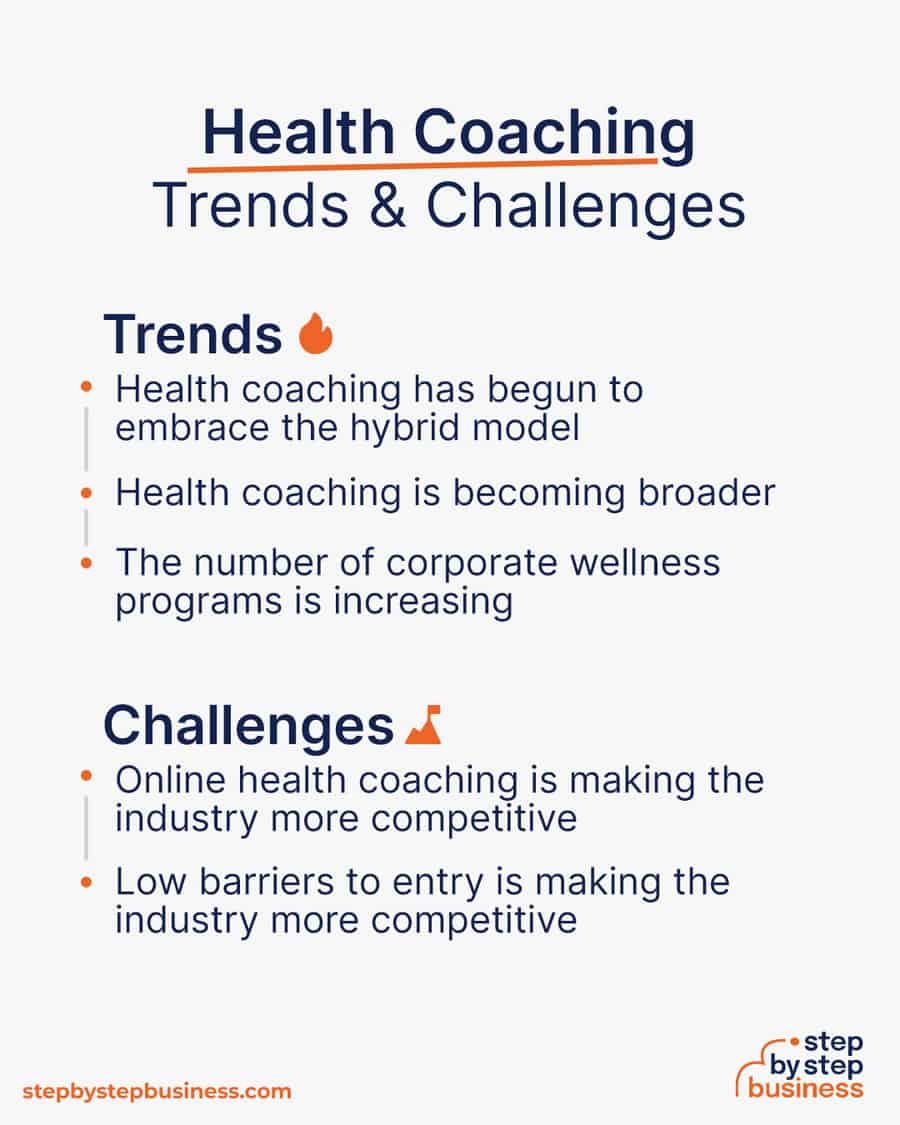
I. Introduction
In today’s fast-paced world, where stress levels are high and lifestyle choices often lead to poor health outcomes, the need for health coaching has never been greater. A health coach is your personal health cheerleader, guide, and partner, helping you implement lifestyle changes to improve your physical and mental well-being. This blog post will provide you with an in-depth introduction to the fulfilling career of health coaching, exploring its definition, importance, and the personal fulfillment it offers.
II. What is a Health Coach?

A health coach is a trained professional who empowers individuals to take charge of their health and make positive changes. They work with clients to create personalized wellness plans, focusing on areas such as nutrition, exercise, stress management, and behavior change. Unlike therapists or counselors, health coaches do not diagnose or treat mental health conditions but rather provide support and guidance to help clients achieve their health goals.
Health coaching is a rapidly growing field that bridges the gap between healthcare and personal development. With the increasing recognition of the mind-body connection and the importance of preventive care, health coaches play a vital role in promoting overall well-being and preventing chronic diseases.
III. Why Choose a Career in Health Coaching?

A. Exploring the Motivation Behind Choosing Health Coaching as a Career
Many individuals are drawn to the field of health coaching because of their own personal health journeys. They have experienced the transformative power of making positive lifestyle changes and want to share their knowledge and passion with others. Health coaching allows them to make a difference in people’s lives by empowering them to take control of their health.
B. Understanding the Potential Impact on Individuals and Communities
The impact of health coaching extends beyond individual clients. By helping individuals improve their health and well-being, health coaches contribute to healthier communities and ultimately, a healthier society. They have the opportunity to create a ripple effect of positive change, inspiring others to prioritize their health and make lasting lifestyle changes.
C. Opportunities for Professional Growth and Development in the Field
The field of health coaching offers numerous opportunities for professional growth and development. As the demand for health coaches continues to rise, there is a need for skilled and knowledgeable professionals in various settings, including corporate wellness programs, healthcare organizations, and private practice. Health coaches can also specialize in niche areas such as stress management, weight loss, or chronic disease management, further expanding their career options.
IV. Health Coaching Techniques and Approaches
Health coaching utilizes a variety of techniques and approaches to support clients in achieving their health goals. These techniques include motivational interviewing, positive psychology, and client-centered approaches.
Motivational interviewing is a collaborative conversation style that helps clients explore their motivations for change and overcome resistance. It focuses on empowering clients to find their own solutions and make sustainable behavior changes.
Positive psychology, on the other hand, emphasizes the exploration of strengths and positive experiences to enhance well-being. Health coaches incorporate positive psychology techniques to foster resilience, gratitude, and self-compassion in their clients.
A client-centered approach is at the core of health coaching. It involves active listening, empathy, and non-judgmental support to create a safe and trusting environment for clients to explore their health concerns and goals.
V. Training and Education for Health Coaches

Becoming a health coach requires specialized training and education. Most professional health coaches start with an undergraduate degree in fields such as nutrition, counseling or psychology, dietetics, or another related field. Additionally, pursuing certification programs from reputable organizations provides the necessary knowledge and skills to practice as a health coach.
Accredited programs and certifications cover topics such as health behavior change, nutrition, exercise science, communication skills, and coaching techniques. Continuing education and professional development opportunities are also available to ensure health coaches stay up-to-date with the latest research and best practices in the field.
VI. Setting up a Health Coaching Practice
Establishing a health coaching practice requires careful planning and consideration. Health coaches need to identify their target clients and determine their niche areas of expertise. This allows them to tailor their services to meet the specific needs of their clients.
Marketing and promoting health coaching services are essential for attracting clients. Utilizing various marketing strategies, such as creating a compelling bio, leveraging social media platforms, and networking with healthcare professionals, can help health coaches build a successful practice.
VII. Ethical Considerations in Health Coaching

Ethics play a crucial role in the practice of health coaching. Health coaches must adhere to strict ethical guidelines to ensure the well-being and confidentiality of their clients. Maintaining client privacy, respecting professional boundaries, and being culturally sensitive are essential aspects of ethical health coaching practice.
VIII. Challenges and Rewards of a Career in Health Coaching
Health coaching is a rewarding career that can positively impact the lives of clients. However, it also comes with its unique challenges. Health coaches may encounter resistance from clients, face time management issues, and experience burnout due to the emotional demands of the profession. Implementing self-care strategies, seeking supervision or mentorship, and continuously developing professional skills can help health coaches overcome these challenges and thrive in their careers.
IX. Conclusion
Health coaching is a fulfilling career that offers the opportunity to make a real difference in the lives of others. By empowering individuals to take charge of their health, health coaches contribute to creating healthier communities and a healthier society as a whole. If you are passionate about wellness, enjoy helping others, and have a desire to promote positive lifestyle changes, a career in health coaching might be the perfect fit for you. Take the first step in exploring this rewarding field and embark on a journey of personal and professional fulfillment.
